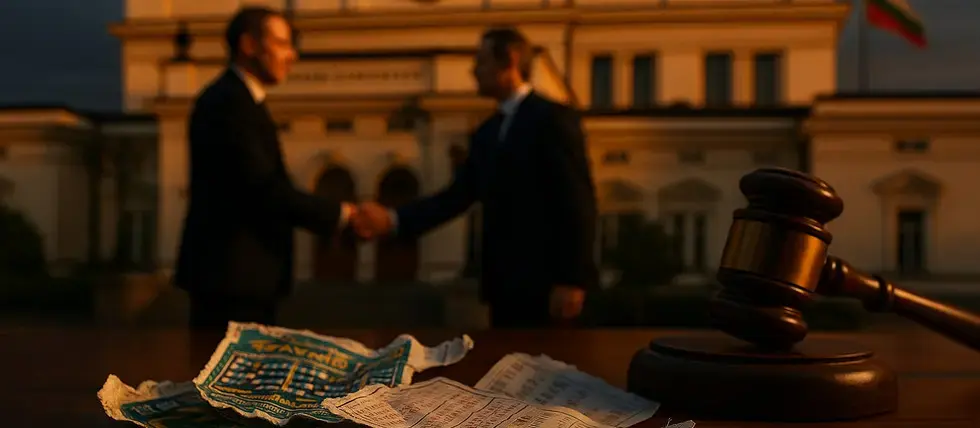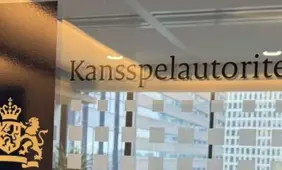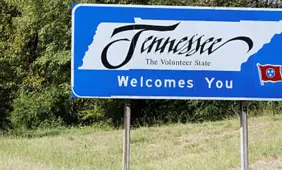Bulgaria Moves to Privatise State Lottery and Betting Monopoly
Bulgaria’s ruling majority has tabled legislation to privatise the state-run lottery and sports betting monopoly.

Lawmakers from the governing coalition have submitted draft amendments that would convert the Bulgarian Sports Totalizator (BST) from a state-run monopoly into a long-term privately operated concession. The changes, filed on Monday as part of transitional and final provisions attached to the State Budget Law, were put forward by GERB MP Kostadin Angelov, BSP’s Dragomir Stoynev and Yordan Tsonev of DPS-New Beginning. The measures are due for a second reading in parliament on Friday, November 28.
Related: New Bulgarian Budget Targets 25% Gambling Tax Rate
Proposed Tender Framework for the Bulgarian Sports Totalizator
The draft sets out a timetable and eligibility rules for a competitive tender. A public call for proposals would be issued by March 31, 2026, and the concession would be awarded for no less than 15 years. Only companies registered in Bulgaria, or foreign firms that establish a physical presence in the country, would be eligible to bid.
If successful, the concessionaire would assume control of BST’s retail betting network, IT systems, terminals and intellectual property, and would take responsibility for operating the national lottery and sports betting products. Oversight of the concession would be the responsibility of the Minister of Youth and Sports, who would both award and monitor compliance with the contract.
Under the plan, BST would stop directly running gambling operations once the concession takes effect; existing tickets, slips and coupons would be invalidated and destroyed. Financially, the proposal envisages redirecting 10% of the concessionaire’s corporate tax payments to the Ministry of Youth and Sports, with 10% of that amount earmarked for the National Culture Fund. Separately, 30% of the concession fee would be distributed to sports clubs and federations.
Proponents argue the concession model is necessary because BST has underperformed since the state reasserted control in 2020. Official figures cited by backers show BST revenues of BGN 170.034 million (€86.8m) in 2023 against a target of BGN 190 million, and BGN 182.640 million (€93.2m) in 2024 versus a target of BGN 188.701 million. Supporters contend privatisation will restore competitive dynamics and increase channelisation of play into regulated, taxable operations.
More Business
Political Stakes and Next Steps
The move has provoked sharp debate across the political spectrum and raised questions about timing and governance. BST was nationalised after the state revoked licences previously held by businessman Vasil Bozhkov amid corruption allegations and criminal charges. The episode included accusations that members of the former State Commission on Gambling had accepted bribes; responsibility for gambling regulation was later transferred to the Bulgarian Revenue Agency in 2020.
Opposition figures say the privatisation plan risks rewarding politically connected actors. "This proposal risks turning a public asset into a cash cow for those close to power", said Ivaylo Mirchev, MP with Yes, Bulgaria. "Past links between key figures and BST management make transparent, competitive tendering essential – yet parliamentary efforts to investigate these links have been blocked." Mirchev pointed to the previous tenure of Irena Krasteva, who led BST between 2002 and 2005 and is the mother of media owner Delyan Peevski, as a reason for heightened scrutiny.
Industry analysts offer a mixed assessment. "A well-structured concession could deliver improved investment in technology and better market channelisation, but only with rigorous oversight and robust conflict-of-interest safeguards", said Dr. Elena Ivanova, an independent gaming consultant based in Sofia. "The key test will be whether the tender rules, transparency measures and monitoring mechanisms are strong enough to prevent political interference and ensure value for taxpayers."
With the proposal scheduled for a parliamentary second reading on November 28, lawmakers, regulators and industry participants will watch closely. If the amendments pass, the government will need to publish detailed tender documents, set clear evaluation criteria and define enforcement provisions to reassure both voters and potential bidders.
Independent observers say the coming weeks will be decisive for investor confidence and for the domestic sports and culture sectors that stand to receive part of the concession proceeds. Transparent rulemaking and an open procurement process will be critical to determine whether privatisation delivers the promised financial uplift or simply reshuffles political influence around a lucrative national asset.
RELATED TOPICS: Business
Most Read
Must Read
 Interviews
Interviews
Exclusive Interview: Levon Nikoghosyan Shares AffPapa Winning Formula for Successful iGaming Events
Dec 03, 2025 Interviews
Interviews









Review this New Post
Leave a Comment
User Comments
Comments for Bulgaria Moves to Privatise State Lottery and Betting Monopoly